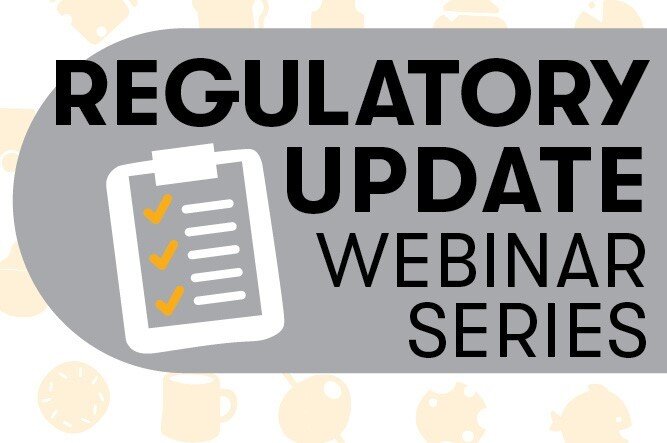The Foreign Supplier Verification program is part of the Food Safety Modernization Act that requires importers to verify that non-U.S. suppliers of human and animal food meet applicable FDA safety standards. Failure to comply can cause many challenges for specialty food businesses.
During SFA’s Regulatory Update webinar, “FDA’s FSVP Rule: What You Need to Know,” Sharon Lindan Mayl, partner at DLA Piper LLP, explained the essentials of the rule including what it protects, who is covered, and what is required to comply.
Mayl has worked for FDA, serving as a lead for the import provisions of FSMA. She gave insight into the rationale of the rule, which changed the FDA’s process of verifying food safety of imported food from checking food imports at the border to verifying the quality of the suppliers’ products.
“[Now,] importers have to ensure that their foreign suppliers use processes and procedures that provide the same level of public health protection as FDA’s preventive controls rule and the produce safety rule, two rules also issued under FSMA, and that the food isn’t otherwise adulterated or misbranded with respect to allergens,” said Mayl.
The importer is the U.S. owner or consignee (the person or entity to whom the product is shipped) of food at the time of U.S. entry. This is the person whom the FDA will hold accountable for FSVP requirements. The foreign supplier is the establishment that either manufactures, processes, or grows the food or raises the animal that is then exported to the U.S.
Mayl shared the following critical requirements of the FSVP Rule:
• Hazard analysis
• Evaluation of food risk and supplier performance
• Supplier verification activities like onsite auditing, sampling, and testing
• Corrective actions when a problem is discovered
• Reevaluation of the FSVP to ensure constant adherence to the rules
• Importer identification at entry
• Recordkeeping
She emphasized the importance of keeping organized, easy-to-access records in order to ensure the FDA knows you are abiding by all the necessary rules.
“Your FSVP is essentially a collection of records that demonstrate your compliance with this rule…You really need to keep them organized in a way that will allow you to make them available promptly to the FDA if they request them,” said Mayl.
The consequence of non-compliance can be devastating: shipments of the desired imported product could be detained and refused admission. However, even if a business is not in complete compliance at the time of FDA inspection, Mayl advises working with the administration to rectify the issue quickly and efficiently.
“I strongly recommend that you communicate with FDA. They will be willing to work with you, particularly smaller importers, to make sure you are in compliance. Their goal in the end is compliance. Not to enforce, but rather to bring you into compliance,” she said.
Mayl also shared that the number of FSVP warning letters of non-compliance has steadily increased over the last few years, partly because the FDA has been able to perform more inspections after moving the process online. This underscores the necessity for FSVP compliance.
To learn more about the FSVP process, watch the webinar on demand in the SFA Learning Center.
Related: FDA Foreign Supplier Verification Program 101: Q&A With Food Safety Lawyer; SFA Webinar: Why ADA Accessibility Matters for Your Site

